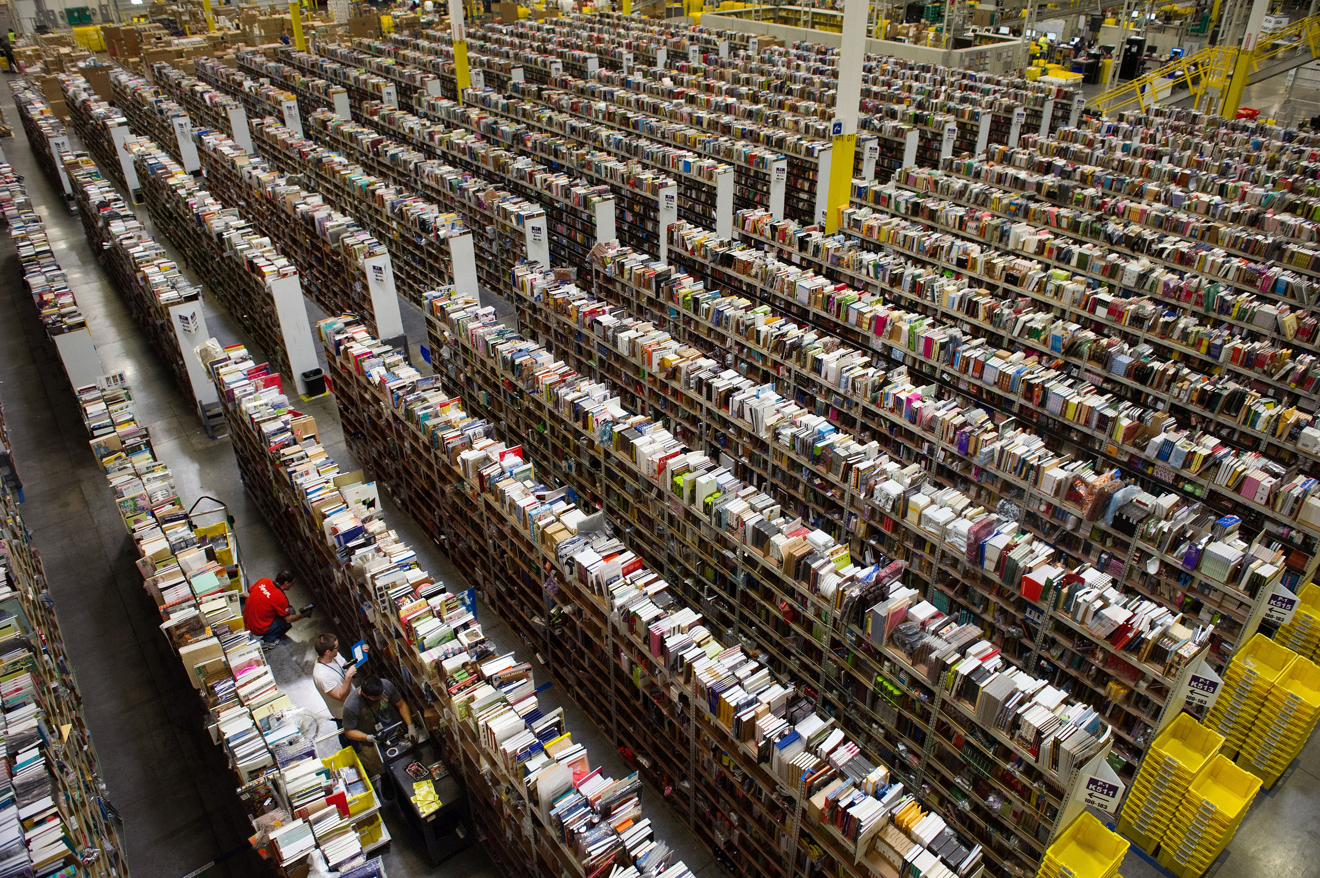Amazon bends in Hachette dispute, floats deal with authors to resume book sales
More than a month after interrupting sales of books from major publisher Hachette in a dispute over e-book pricing, Amazon has proposed a temporary arrangement in which it would return sales to normal and funnel 100 percent of the revenue directly to authors until the two parties reach an agreement.
The deal would see Amazon reinstate discounts on Hachette titles, increase stock levels of print editions, and resume pre-orders for unreleased books from the publisher. Amazon made its case in a Tuesday letter to authors and literary agents, according to the Wall Street Journal, but Hachette must still agree.
Seattle, Wash.-based Amazon began taking action against Hachette in May amid talks over a new contract for the sale of e-books. The retailer first stopped accepting pre-orders for Hachette titles — including a new release from noted author J.K. Rowling — and then began to draw down inventory of print editions in what many observers classed as a play to gain more favorable terms.
For its part, Amazon insists that the dispute is good for consumers. "Negotiating for acceptable terms is an essential business practice that is critical to keeping service and value high for customers in the medium and long term," the company argued.
Amazon has taken an increasingly strong stance in negotiations with large and small publishers alike following its recent proxy victory over rival Apple in the U.S. The iPhone maker was found guilty of violating antitrust laws by entering into so-called "agency pricing" agreements with publishers — which had the effect of raising some e-book prices while increasing competition — and the resulting changes have allowed Amazon to resume its previous practice of selling e-books at or near cost to gain market share.
The retailer has also been accused of "bullying" independent publishers in the U.K., pushing for new terms including a "most-favored nation" clause in contracts that is similar to the language that landed Apple in trouble with U.S. authorities.
 Sam Oliver
Sam Oliver











 Marko Zivkovic
Marko Zivkovic
 Amber Neely
Amber Neely
 Christine McKee
Christine McKee
 Malcolm Owen
Malcolm Owen
 Mike Wuerthele and Malcolm Owen
Mike Wuerthele and Malcolm Owen

 William Gallagher
William Gallagher








